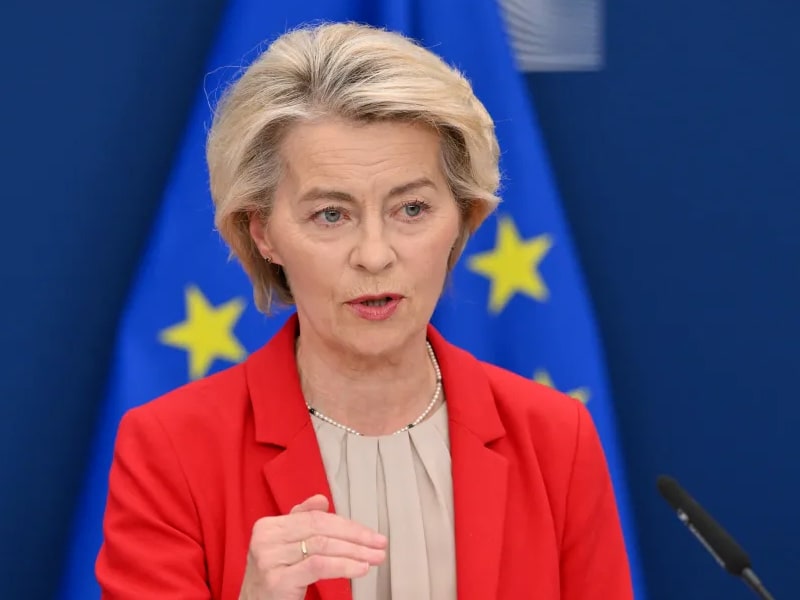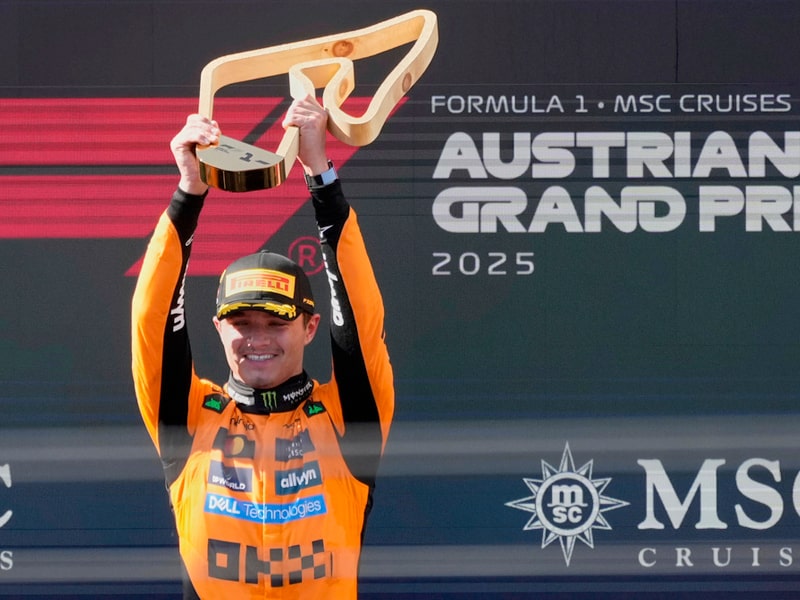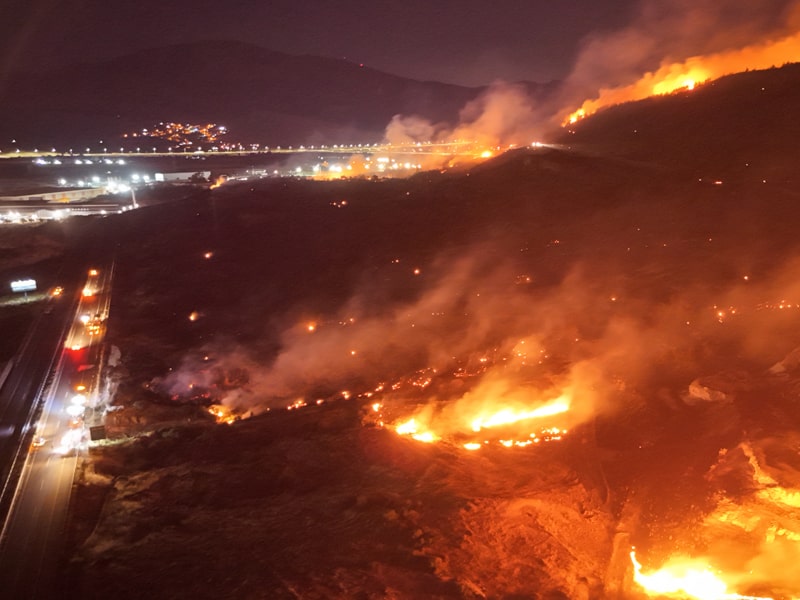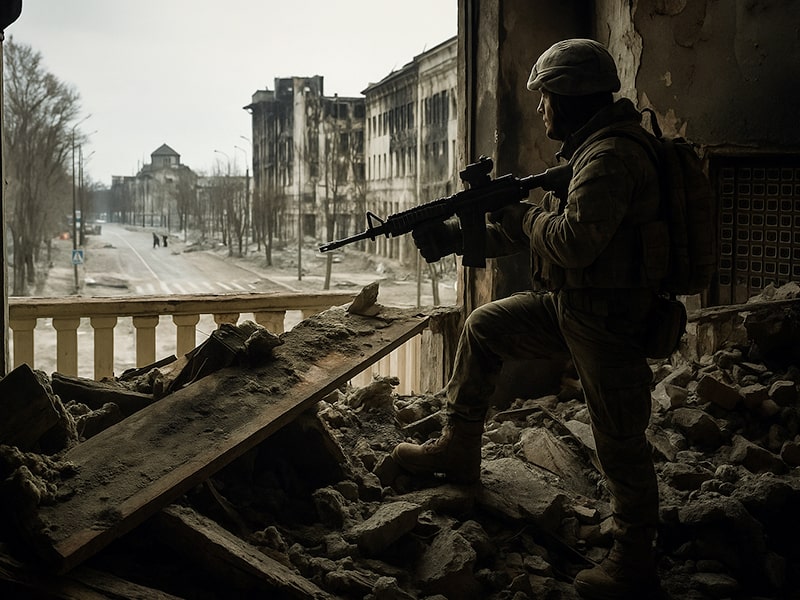Europe Tightens Sanctions on Russia Over Ukraine War Escalation
The European Union (EU) announced its toughest sanctions yet against Russia on Tuesday, signaling a sharp escalation in pressure on Moscow as its invasion of Ukraine drags into a third year. This 18th sanctions package targets Russia’s energy revenues and financial workaround tactics, reinforcing the bloc’s belief that “strength is the only language Russia understands,” according to European Commission President Ursula von der Leyen.
What the New Sanctions Include
The new package proposes:
-
Lowering the price cap on Russian oil exports from $60 to $45 per barrel, reflecting a decline in global prices.
-
Total transaction bans on Russian banks and financial institutions—including those in third countries—that help Moscow evade existing sanctions.
-
A ban on the use of Russian energy infrastructure, including transactions related to the Nord Stream pipelines.
-
Expanded banking sanctions, barring EU operators from any dealings with newly sanctioned Russian financial entities.
-
Restrictions on exporting European technologies and materials that could enhance Russia’s military.
-
Additional penalties on 22 companies aiding Russia’s military-industrial operations.
These measures aim to cut off the financial lifelines Russia uses to fund its war on Ukraine.
Why Energy Is the Target Again
Von der Leyen explained that oil exports make up one-third of Russia’s government revenues, making energy the backbone of its war financing. The EU and G7’s 2022 oil cap intended to restrict that income while avoiding market instability, but with oil prices falling since then, the cap’s effectiveness has waned.
As of Tuesday, Brent crude traded around $68 per barrel, rendering the original $60 cap too generous. The proposed $45 cap is intended to restore pressure.
Ukraine Welcomes Move, Urges U.S. to Do More
Ukrainian President Volodymyr Zelensky welcomed the EU sanctions but criticized the United States’ delay in enacting similar steps. He said Moscow was emboldened by the lack of stronger international consequences.
“Putin wants to continue killing and is taking advantage of the fact that he is not getting a strong response. He does not hear Washington,” Zelensky said in a statement.
Earlier diplomatic efforts, including a 30-day ceasefire proposal from European leaders and direct negotiations in Istanbul, have failed to sway the Kremlin, which continues to demand Ukraine’s capitulation.
Political Hurdles Ahead
Although the EU has unified behind sanctions so far, Hungary and Slovakia have previously voiced resistance to further actions against Moscow. Approval from all 27 member states is required to implement the package, and internal disagreements could delay enforcement.
Still, past packages have passed despite such hurdles, and Brussels remains confident that this one will too.










